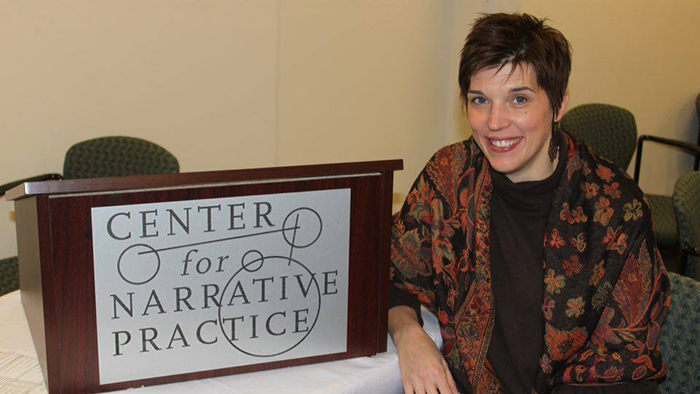Narrative storytelling and science might seem to have little in common, but according to Dr. Shannon Wooden, associate professor in the English department at Missouri State University, narrative medicine is the result of combining the two fields to improve the healthcare experience.
What is narrative medicine?
“Narrative medicine begins with the premise that narrative, also known as story, is the foundational way people make meaning of things,” said Wooden. “We understand our personal lives, our identities and even our bodies in terms of the stories we tell about them.”
Narrative medicine recognizes this premise and applies it to healthcare situations by training doctors to listen to all aspects of a patient’s story more closely, rather than just the chief complaint. Doctors tend to only hear the main medical concern when a patient is telling the narrative of their issue, and then rewrite the story to focus only on a solution to the medical concern.
How narrative medicine is helpful
Wooden says diagnosis and treatment plans can be improved by using narrative medicine to train doctors to listen to more to aspects of patients’ lives.
Wooden also believes that narrative medicine is useful not only for doctors.
“Through narrative medicine, we can all improve immeasurably in our ethical behavior, our understanding of others and our empathy by learning to be fully present in our narrative encounters,” said Wooden. “I’ve found that it’s made an enormous difference to me already in both my professional and personal lives.”

